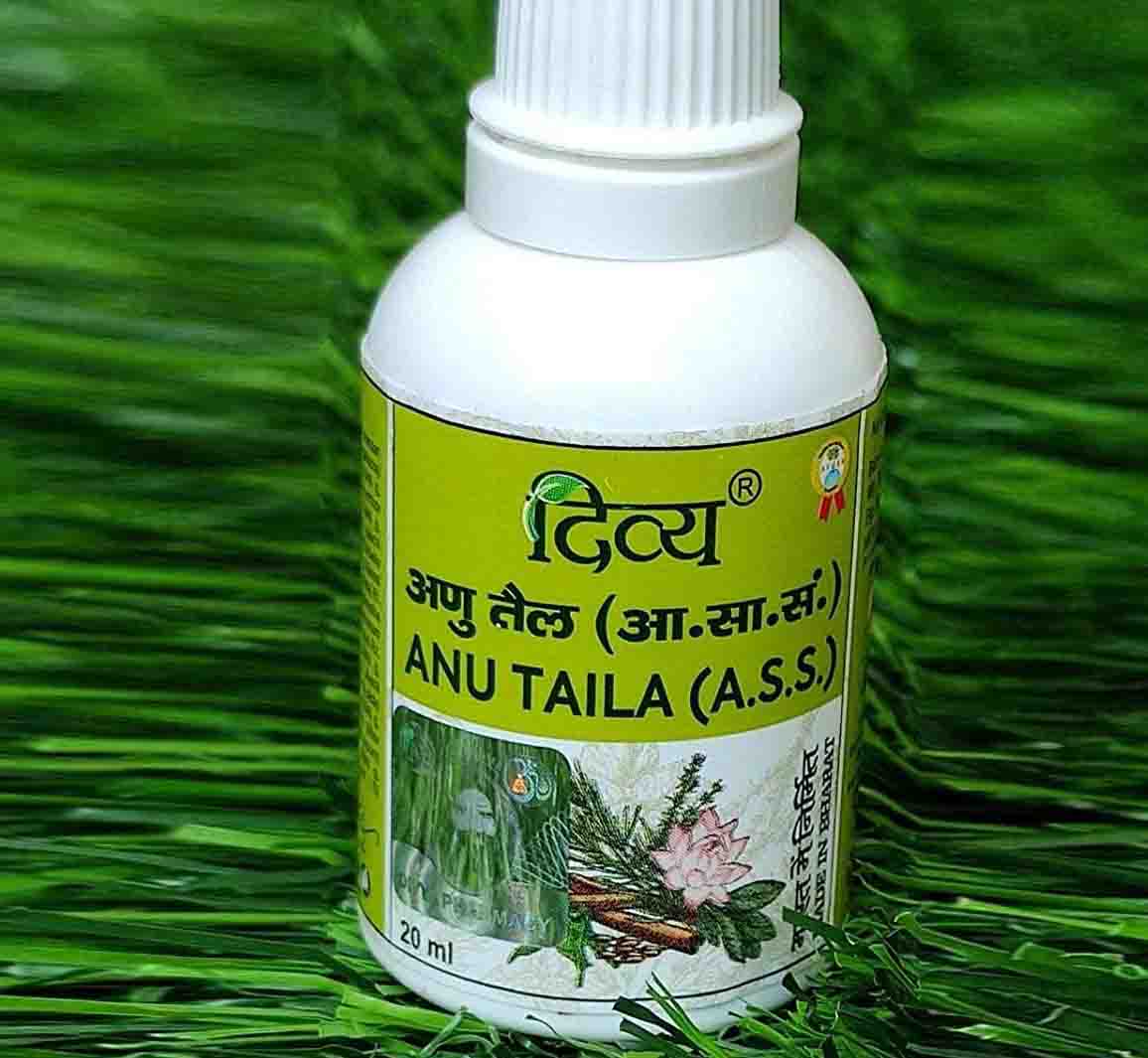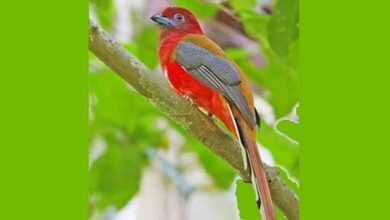PRI study reveals herbal nasal-drop suppresses mucormycosis

Friday, 21 January 2022 | PNS | Dehradun
A team of scientists at Patanjali Research Institute (PRI) claims to have found the effectiveness of a classical Ayurvedic nasal drop ‘Anu Taila’ against black fungus (mucor) by using sophisticated scientific technologies. This research work has been published by a well-known peer-reviewed scientific journal, the Journal of Applied Microbiology.
According to PRI, the intractable mucormycosis, caused by Mucorales primarily targets immunocompromised individuals. The first-line therapy, intravenous liposomal Amphotericin B and surgical debridement of necrotic tissue, is contraindicative in individuals with compromised kidneys. This invokes a pressing need to identify safer treatment options.
The antifungal effect of the classical nasal drop, Anu taila, against Mucor spp was investigated through microbiological, cytological, analytical chemical and field emission scanning electron microscopic approaches. Anu taila pre-treated spores germinated late, resulting in reduced infectivity, observed as a milder monocytic immune response. Conversely, Anu taila pre-treated THP-1 cells exhibited an improved immune response, through TNF-α, against Mucor spores. Repeated Anu taila application abolished fungal microarchitectures faster than Amphotericin B, evident from rapid replacement of hyphae, sporangiophores and sporangia with fused biomass, in the FESEM images. The research team concluded that taken together, Anu taila was found effective against Mucor spp, with both prophylactic and curative implications, attributable to its phytochemical composition. According to PRI, the research is significant as potential remedial effects of a classical nasal drop against an obdurate and challenging fungal infection have been identified.






